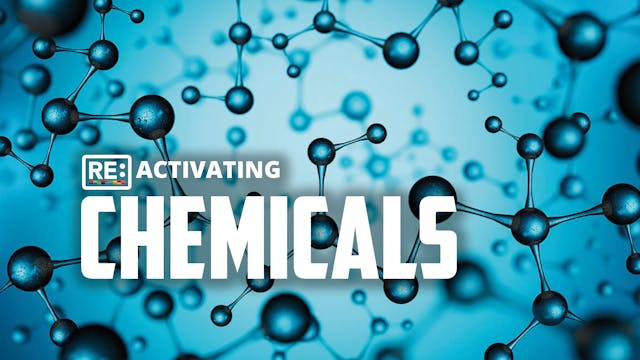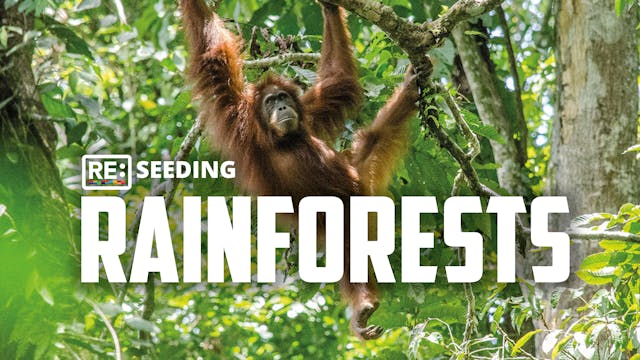Reabsorbing Carbon
Series
•
7m 17s
ReTV looks aft accelerating carbon capture from natural chemical weathering. With more than 2 trillion tonnes of excess carbon dioxide in the atmosphere today, we need to accelerate efforts to capture existing #CO2 as well as reduce our emissions.
The oceans are one of the largest carbon sinks on the planet, absorbing up to 25 percent of the atmospheric carbon-dioxide we emit each year, and research is underway to make it even more effective - and reduce ocean acidity at the same time.
Vesta is pioneering techniques to speed up the natural process of natural chemical weathering - the gradual breakdown of rocks as they come into contact with rainfall - which is a highly effective way of removing carbon from the atmosphere, but only over a very extended time-frame. This coastal carbon capture approach relies on the carbon-absorbing potential of olivine - one of the most abundant, naturally occurring minerals worldwide. Olivine beaches host diverse ecosystems in places like Hawaii and Guam, and its capacity to absorb large volumes of CO2 has made it the focus of research into carbon capture and storage.
By grinding olivine into a fine sand and transporting it to coastal areas where it dissolves in the sea to form a stable form of carbon called bicarbonate, Vesta is hoping to remove up to a billion tonnes of carbon dioxide from the atmosphere every year. The team's research in Long Island is establishing just how much CO2 can be absorbed in an individual location. At the same time the team is also looking into olivine's relationship with the local ecosystem, the carbon footprint involved in extracting and transporting it, and any reduction in ocean acidity - a potentially invaluable environmental benefit.
With thanks to:
Kelly Erhart, President and Co-Founder, Vesta
Dr Grace Andrews, Vice President, Head of Science, Vesta
Hailey Hayes, Project Scientist, Vesta
David Booth, Professor of Marine Ecology, University of Technology, Sydney
Dr Francesc Montserrat, Director of Environment, Vesta
Up Next in Series
-
Reactivating Chemicals
New Iridium is the Carbon-negative chemical manufacturing inspired by photosynthesis.
The chemicals industry generates trillions of dollars of revenue globally, producing a wide range of products from packaging and paint to food and pharmaceuticals. However, many of the manufacturing processes i...
-
Reintroducing Buffalo
Kainai knowledge-keeper Leroy Little Bear explains the importance of reintroducing buffalo in their traditional heartlands, where they hold a central place both in the local ecosystem and the culture of indigenous people.
The buffalo is a "keystone species": an eco-engineer which regenerates the...
-
Reseeding Rainforests
Brazil's Xingu Park is the oldest indigenous territory in Brazil. Its 2.6 million hectares provide a home to 16 different tribes. The Rede de Sementes do Xingu brings together over 500 indigenous seed-collectors to gather and disperse native seeds, preserving the Amazon's essential biodiversity w...



